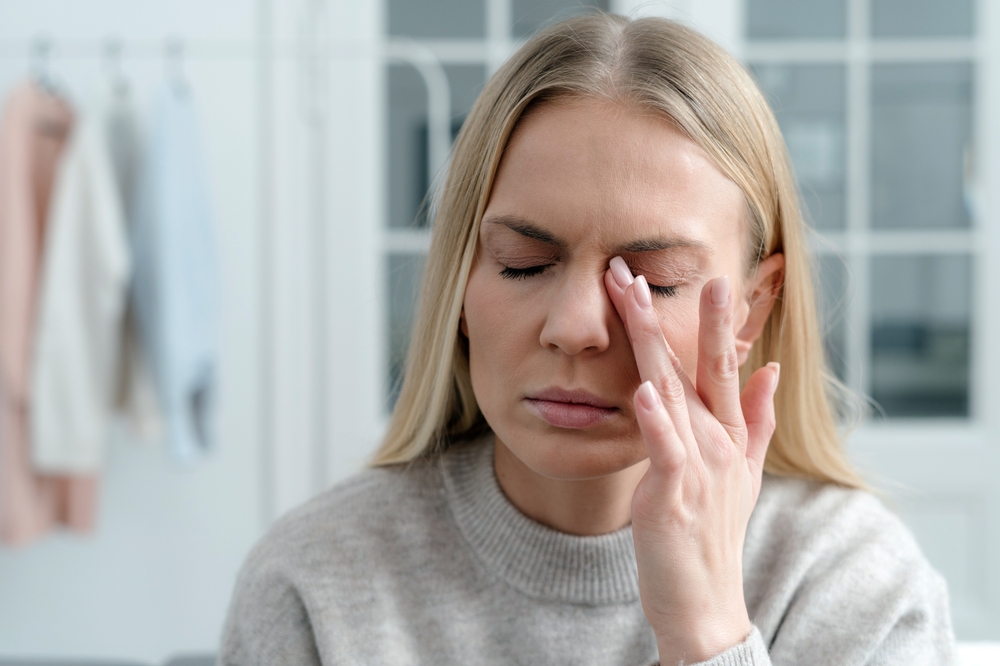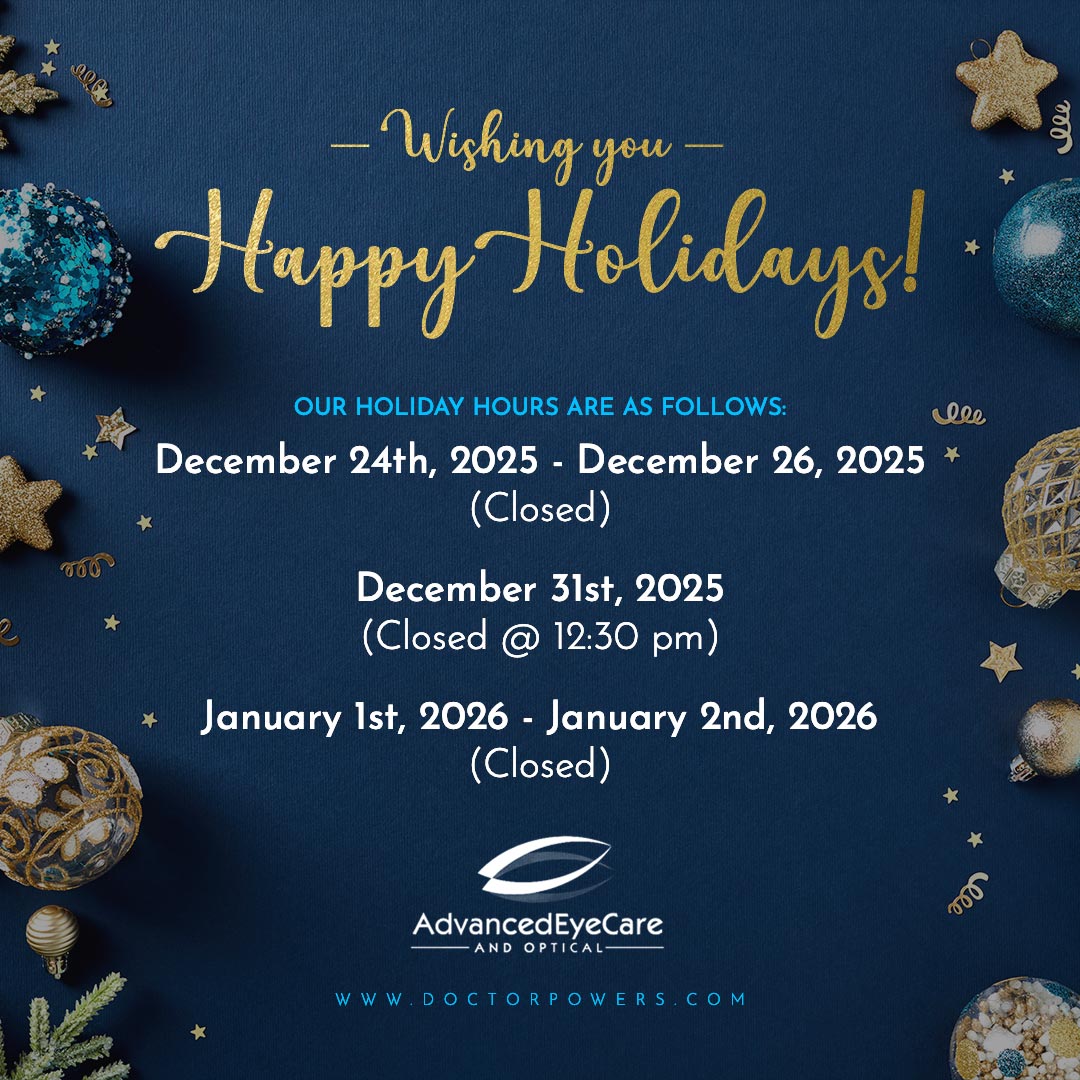
Dry eye is a common and often chronic condition that occurs when your eyes don't produce enough tears or the tears evaporate too quickly. This can lead to discomfort, irritation, and even vision problems. Understanding the causes, symptoms, and importance of early detection is crucial in managing this condition effectively.
Causes of Dry Eye
Dry eye can be caused by a variety of factors, including:
• Aging: As you get older, your tear production may decrease.
• Medications: Certain medications, such as antihistamines, decongestants, and antidepressants, can reduce tear production.
• Medical conditions: Conditions like Sjögren's syndrome, rheumatoid arthritis, and thyroid disorders can contribute to dry eye.
• Environmental factors: Exposure to dry, windy, or air-conditioned environments can increase tear evaporation.
• Refractive eye surgery: Procedures like LASIK can sometimes disrupt the normal tear film.
Common Symptoms of Dry Eye
If you're experiencing dry eye, you may notice one or more of the following symptoms:
· Burning, stinging, or scratchy sensations in your eyes
· Redness or irritation
· Sensitivity to light or wind
· Blurred vision or eye fatigue
· Feeling like there's something in your eye
· Excessive tearing
The Importance of Early Detection
Dry eye is a progressive condition, and early detection is crucial to prevent further complications. If left untreated, dry eye can lead to more severe issues, such as eye infections, corneal ulcers, and even vision loss. By addressing dry eye symptoms early on, you can manage the condition and maintain your eye health.
Overview of Dry Eye Diagnosis
Diagnosing dry eye typically involves a comprehensive eye examination by an optometrist. During the examination, they will:
• Medical History: Your eye care provider will ask about your symptoms, any underlying medical conditions, and any medications you're taking.
• Visual Acuity Test: They will measure your visual acuity to determine if your dry eye is affecting your vision.
• Slit-Lamp Examination: Using a specialized microscope, they will examine the surface of your eyes and assess the quality and quantity of your tear film.
• Tear Production Test: They may perform a test, such as the Schirmer test, to measure the amount of tears your eyes produce.
• Tear Film Evaluation: They may use specialized imaging techniques to evaluate the composition and stability of your tear film.
Based on the findings from these tests, your eye care provider will be able to diagnose the type and severity of your dry eye condition.
Treatment Options for Dry Eye
Once your dry eye has been diagnosed, your eye care provider will recommend a customized treatment plan to address your specific needs. Treatment options may include:
• Artificial Tears: Over-the-counter eye drops can provide temporary relief by lubricating and hydrating your eyes.
• Prescription Eye Drops: Medicated eye drops or ointments can help reduce inflammation and increase tear production.
• Lid Hygiene: Proper eyelid cleaning and warm compresses can improve the quality of your tear film.
• Punctal Plugs: Small devices that can be inserted into the tear ducts to prevent tear drainage and increase tear retention.
• Dietary Supplements: Omega-3 fatty acids and other supplements may help reduce inflammation and improve tear production.
• Lifestyle Changes: Adjusting your environment, reducing screen time, and using a humidifier can help manage dry eye symptoms.
Schedule Your Dry Eye Evaluation with Advanced Eye Care and Optical Today
Dry eye is a common and often chronic condition, but with the right diagnosis and treatment, you can effectively manage your symptoms and maintain your eye health. If you're experiencing any signs of dry eye, it's important to seek professional help from an eye care provider. They can help you understand the underlying causes, develop a personalized treatment plan, and provide ongoing support to keep your eyes healthy and comfortable.
If you're struggling with dry eye symptoms, schedule an appointment with Advanced Eye Care and Optical. We can provide a comprehensive diagnosis and recommend the best treatment options to help you find relief and protect your long-term eye health. Visit our office in Jacksonville, Florida, or call (904) 996-1533 to book an appointment today.








